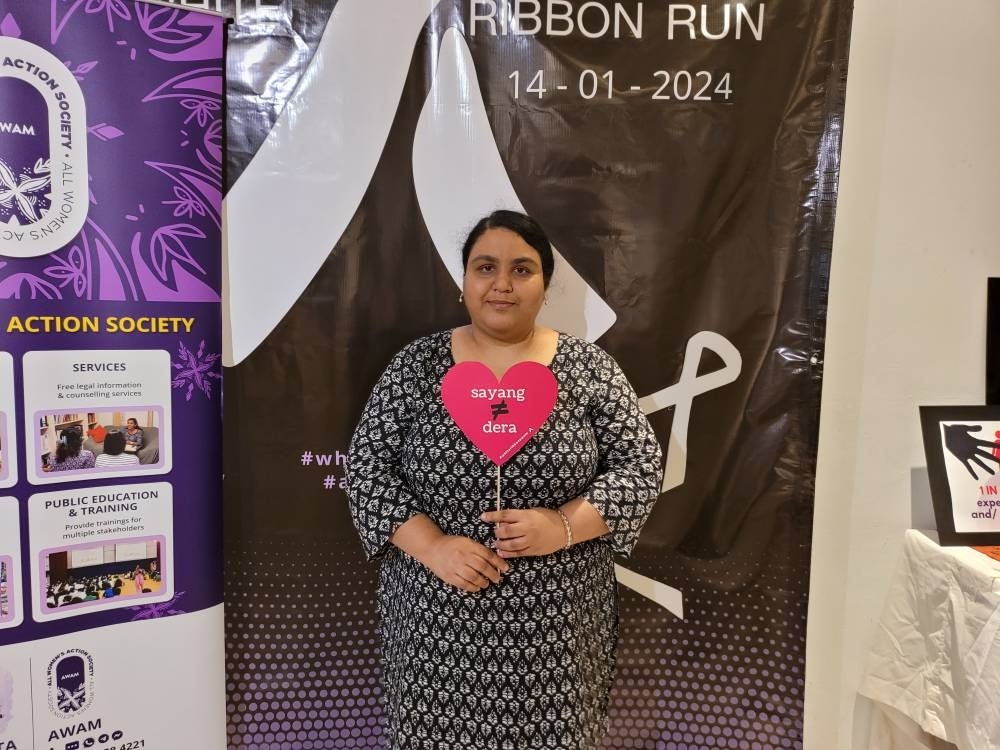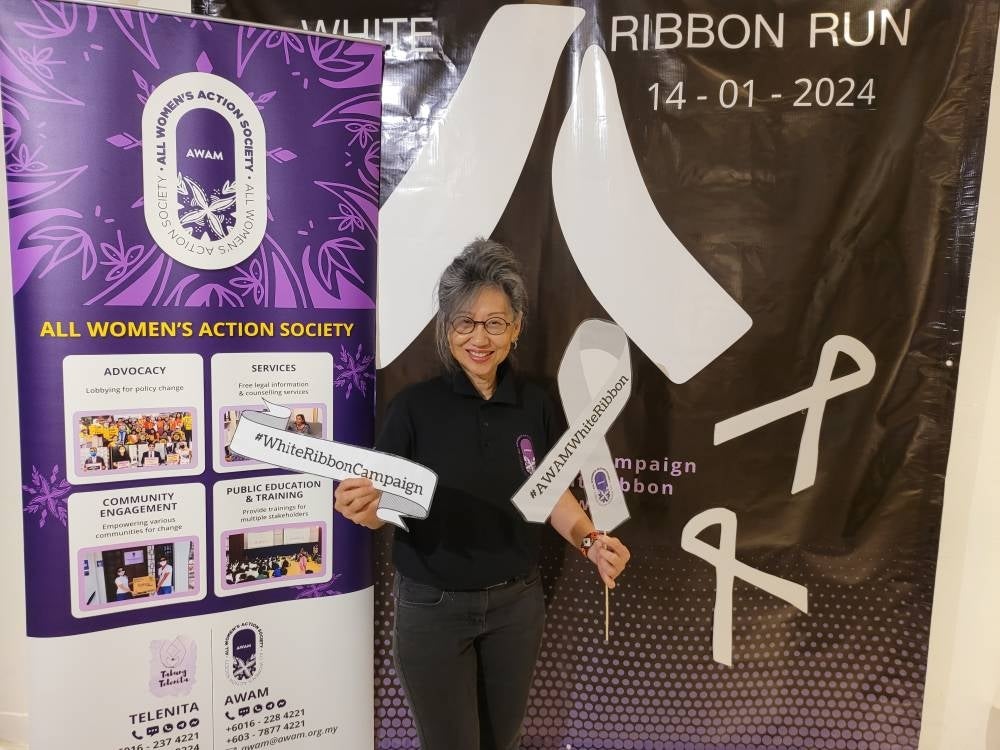Toxic masculinity and patriarchy not the same

SHAH ALAM - Toxic masculinity is often confused with patriarchy. However, they are not the same.
Toxic masculinity is a behaviour while patriarchy is a system and these were often confused among men.
All Women's Action Society (Awam) senior admin and operations officer Lochna Menon said toxic masculinity was now being normalised and there must be ways for men to seek help.
“A lot of people confuse toxic masculinity with patriarchy. Although there were overlaps in the system, it is different.
“It is harmful to women, children and men themselves. Men have issues expressing themselves leading to most of them facing depression and there were those who were suicidal and tend to take action quicker.
“Men do not seek help for their mental health as they were always pressured to think that they could not be wrong or feel pressured and can’t experience confusion,” she said.
Lochna said change would often be met with resistance, but the public must attempt to assimilate the message of fighting against domestic violence to ensure that all individuals can have a good understanding on the topic.
“We need to teach men and boys to understand themselves and express their emotions and being able to have access to proper information and seek help from NGOs and movements like the White Ribbon Campaign to aid them in their journey,” she said.
White Ribbon Campaign chairperson Judith Loh-Koh said there would always be backlash on topics that talked about equality as they did not understand the topic.

“What they are looking at is masculinity purely from physical strength and forgetting their humane side.
“Masculinity and femineity are conditions, they are taught how to behave that they have to be strong, they have to lead and they have to be decision-makers, but that should not be done as we believe in partnership.
“When we have conditions and roles we will be trapped in a box where we can’t go through changes," she said.
She added that there were men who brought women to Awam for counselling and this showed that there were some changes taking place and that people were becoming more aware of such problems.











